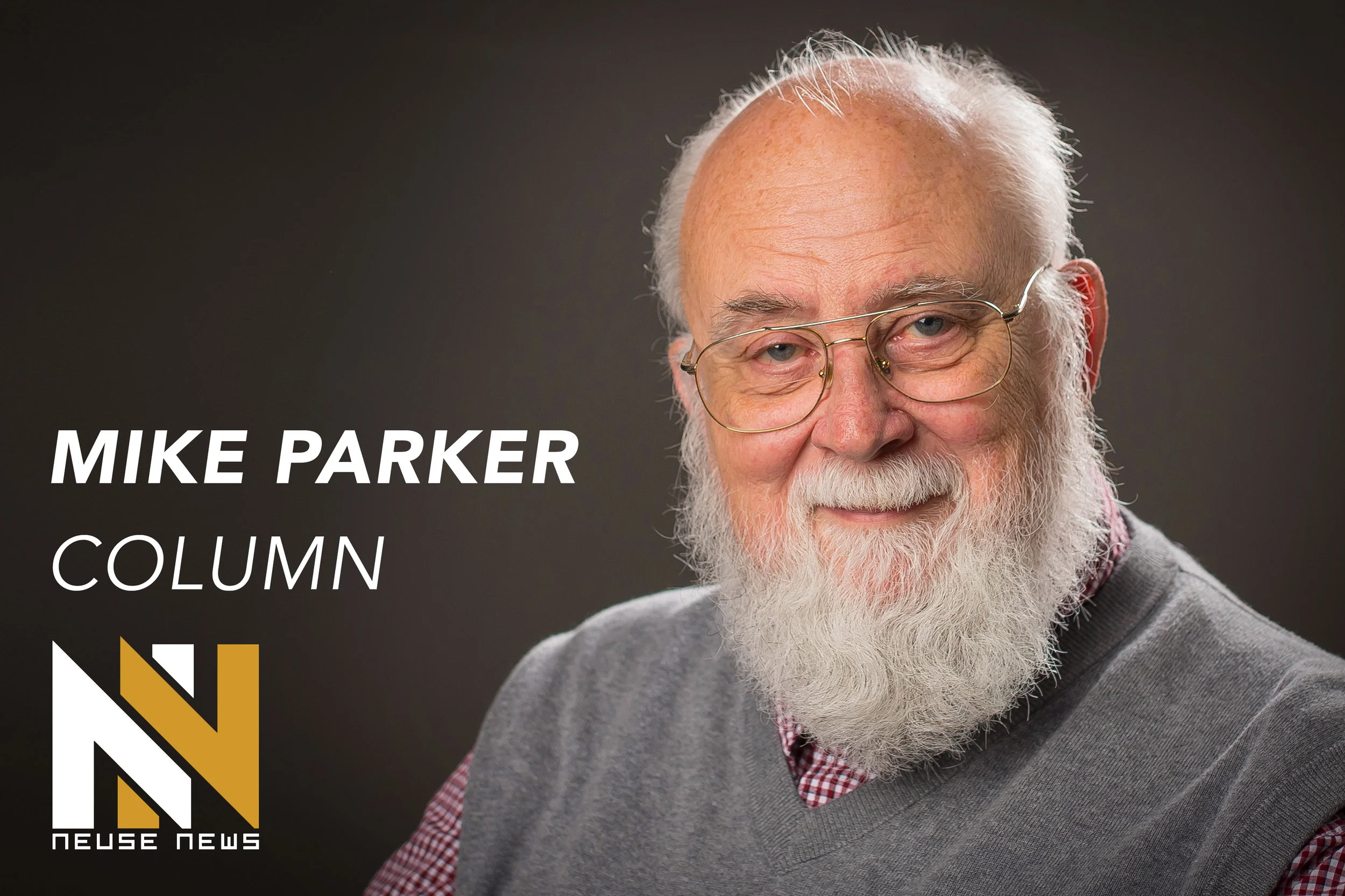Mike Parker: Judge strikes blow against freedom of religion and conscience
On Wednesday, Nov. 6, U.S. District Judge Paul A. Engelmeyer in New York struck down a rule proposed by the Trump Administration that allowed health care providers to refuse to participate in abortions or render other services on moral or religious grounds.
Regardless of where a person may stand on the issue of abortion, any thinking person with an ounce of understanding of basic constitutional principles must condemn such a blatant attack on freedom of religion and freedom of conscience.
Judge Engelmeyer issued his ruling after 19 states, the District of Columbia, three local governments, and several health organizations sued to block implementation of the rule. The plaintiffs argued the proposed rule was unconstitutional because it would be discriminatory and stall access to health care for populations nationwide.
Claire Coleman, president of the National Family Planning and Reproductive Health Association, one of the plaintiffs, said:
“The court heard clear and compelling arguments about the harm communities face when our health care system is distorted to the point in which a patient’s health care needs are not paramount.”
New York Attorney General Letitia James said the state sued because the proposed rule “was an unlawful attempt to allow health care providers to openly discriminate and refuse to provide necessary health care to patients based on providers’ ‘religious beliefs or moral objections.”
The judge’s ruling makes plain that abortion “rights” outweigh religious freedom, a freedom plainly guaranteed in the U.S. Constitution. For those who need a refresher, the text of the First Amendment reads:
“Congress shall make no law respecting an establishment of religion, or prohibiting the free exercise thereof; or abridging the freedom of speech, or of the press; or the right of the people peaceably to assemble, and to petition the Government for a redress of grievances.”
The people who wrote our Constitution, children of enlightened rationalism, placed this amendment first because those rights listed are the most basic rights of a free society. Notice that the first right listed among those most basic of all rights is protection of freedom of religion.
According to Judge Engelmeyer, fear of “discrimination,” real or imagine, trumps the clear language of the First Amendment. Even the bedrock of religious liberty must bow before the claims of “discrimination.”
But this issue cuts even deeper for medical practitioners. Most of us have heard of the Hippocratic Oath. Nearly 2500 years ago, Hippocrates of Cos, the famous Greek physician called the “Father of Medicine,” created the most enduring tradition in all of medical history: The Hippocratic Oath. Although variations of this oath exist, virtually all those who graduate from medical school take some form of this oath that established basic guidelines for medical ethics.
One of the provisions of that oath provides
“I will neither give a deadly drug to anybody who asked for it, nor will I make a suggestion to this effect. Similarly I will not give to a woman an abortive remedy. In purity and holiness I will guard my life and my art.”
The Declaration of Geneva, crafted after the horrors of Nazi medical experimentation during World War II, incorporated this same prohibition for abortion: “I will maintain the utmost respect for human life, from the time of conception; even under threat, I will not use my medical knowledge contrary to the laws of humanity.” Obviously, respecting human life from the time of conception ruled out abortion. This wording remained in place until 1983.
A medical practitioner who has subscribed to the principles of the Hippocratic Oath or The Declaration of Geneva may have moral objections to performing or assisting with abortions, even though that practitioner may not have formal religious objections.
I doubt the debate over the legitimacy of moral or religious objections to abortion will be settled until some practitioner refuses to violate his or her conscience and is forced to defend that refusal in court. In the U.S. Supreme Court, the clear language of the U.S. Constitution must prevail.
Mike Parker is a columnist for Neuse News. You can reach him at mparker16@gmail.com.



